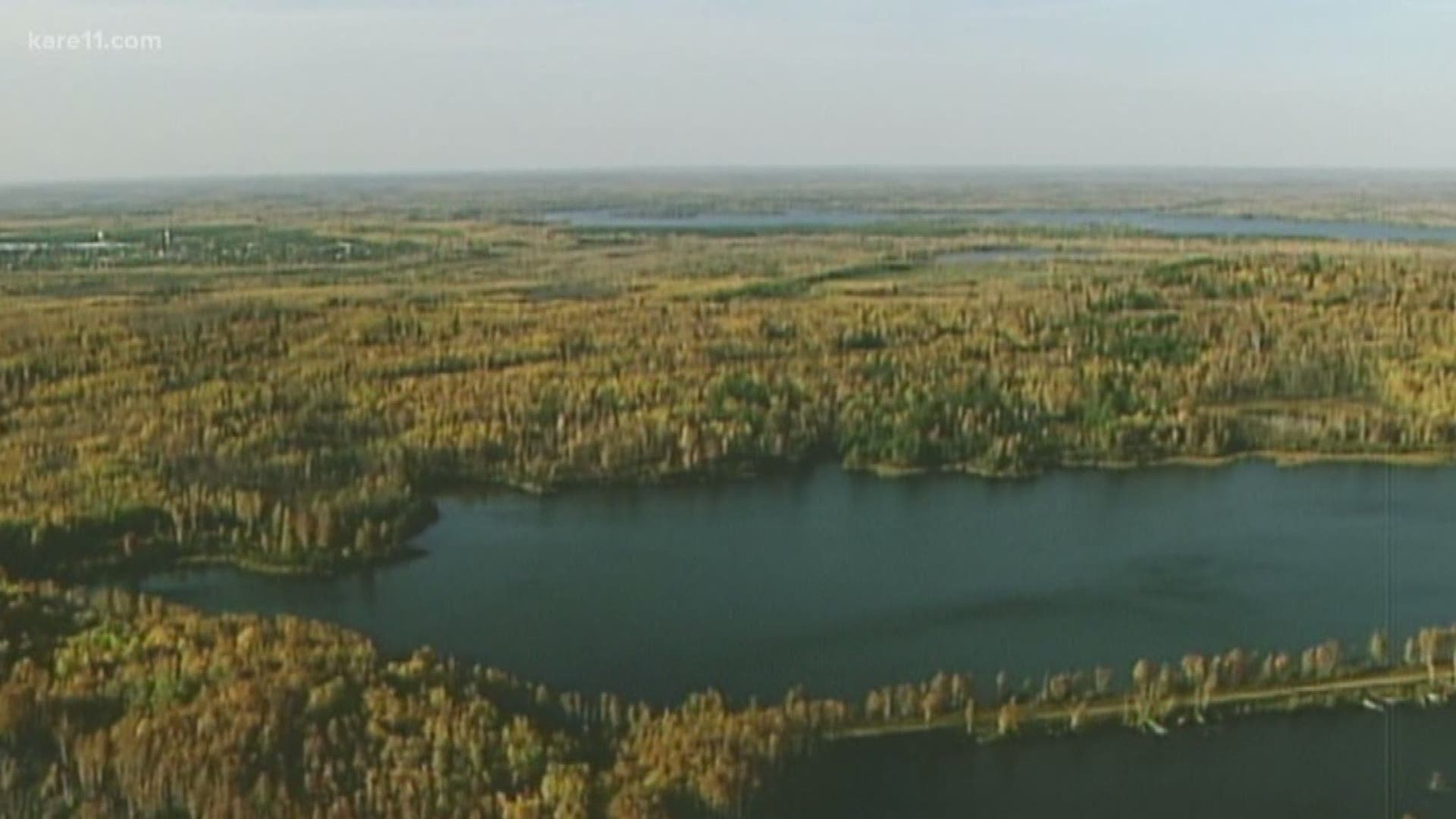ST. PAUL, Minn. - The controversial PolyMet NorthMet mining project is one step closer to reality with the decision of the Minnesota Department of Natural Resources (DNR) to issue permits for the operation.
The DNR announced Thursday that it has issued the permit to mine, six water appropriation permits, two dam safety permits, a public waters work permit, and an endangered species takings permit for the NorthMet project.
The permit to mine includes a financial assurance plan and wetland replacement plan from Polymet once mining is over.
“No project in the history of Minnesota has been more thoroughly evaluated,” said DNR Commissioner Tom Landwehr in a prepared statement. “Based on the DNR’s review, we are confident that the project can be built, operated, and reclaimed in compliance with Minnesota’s rigorous environmental standards, which are designed to protect human health and the environment.”
Landwehr added that the decision to permit does not mean the project will not have impacts on the environment, but explained that those impacts meet Minnesota's regulatory standards.
Even though the DNR has permitted the NorthMet project, PolyMet still needs water and air quality permits from the Minnesota Pollution Control Agency (MPCA) and a wetlands permit from the Army Corp of Engineers, along with local permits and approvals.
The NorthMet project would be located near the communities of Hoyt Lakes and Babbitt, an open pit mine that would extract copper, nickel, cobalt and other precious metals. PolyMet would refurbish a portion of the former LTV Steel Mining Company processing plant.
Environmentalists have staunchly opposed the NorthMet project, citing concerns about acidic runoff and its impact on water quality in the region. A number of lawsuits have been filed in federal court attempting to stop the mine from moving forward. Among them is one filed by the Center for Biological Diversity, which claims the open pit mine would destroy nearly 4,000 acres of habitat for gray wolves and Canada Lynx.
“It’s appalling that the state of Minnesota would authorize permanent, toxic pollution in the headwaters of Lake Superior,” said Marc Fink, a Duluth-based attorney with the Center for Biological Diversity. “This masive open-pit mine would destroy huge swaths of the Superior National Forest that are critical to lynx, wolves and moose. We’ll continue to fight this reckless proposal with our allies, every step of the way.”
Those supporting the mining operation talk about the economic benefits of the mine and the 300 jobs it promises to bring,

